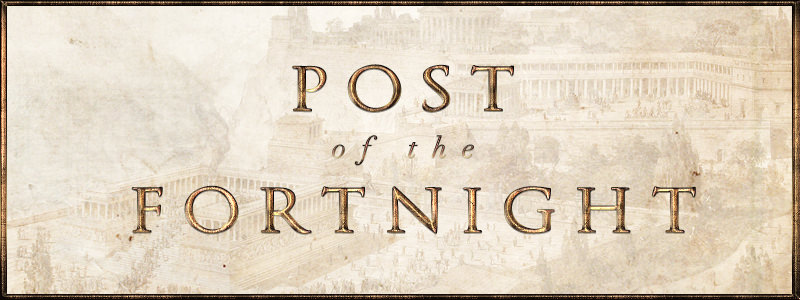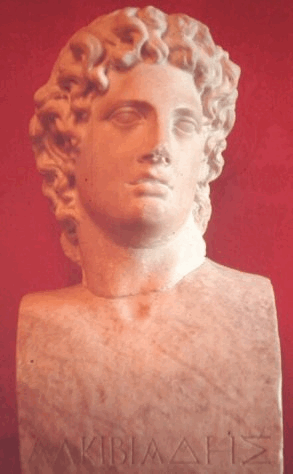If I may do a little nitpicking of my own:
British foreign policy was centered on old fashioned cultural domination and direct resource extraction. From a purely cynical standpoint, the US just wants to do business and let soft power handle the speed bumps. That doesn’t require physical possession in order to be profitable. To whatever extent the US took up Britain’s geopolitical role in a given region, the motivations and goals were fundamentally different. Violent authoritarian regimes destabilizing their respective spheres isn’t good for business, arms dealers notwithstanding. Clumsy diplomacy is the backstory to far more of US foreign policy than either she or her critics would like to admit. As I pointed out earlier, the US
aided and was ready to work with Khomeini’s regime, and he conveyed his willingness to do so - until he didn’t. His decision to place holy war over his own country’s interests made that impossible.
Tehran “started it” by attacking our embassy before proceeding to destabilize the region in the name of Islamic Revolution. To the extent aid in the form of weapons sales can be geopolitically consequential to the story, becoming one of
several countries to sell weapons to Saddam during his war against the country which attacked Americans would be part of the US’ containment policy against the Ayatollah’s external ambitions, not contradictory to it. The external destabilization Tehran had already caused during the Revolution and the war was deemed intolerable compared to the bad PR suffered by betting on Saddam. As Kissinger famously said, “It’s a pity they [Khomeini and Saddam] both can’t lose.” For his part, Khomeini certainly didn’t regret his naked
attempts to foment Islamic revolution against a would be ally in Iraq which got his country attacked in the process. For him,
holy war was worth any cost, and he remained committed to the overthrow of Saddam
to the very end of the conflict.
As for the KSA, like I said, Wahhabism was used for internal control by the House of Saud, until it became something else in the wake of Tehran’s Revolution. One can theorize about how the Muslim Brotherhood, Arab nationalism, or internal extremism might otherwise have pushed the formerly isolationist doctrine focused primarily on obedience to the King to become the externalized political force that Wahhabism is today. Three things are certain: The Shah was on good terms with the Saudis. Lots of countries sell weapons to and buy oil from KSA. The Ayatollah’s Islamic revolution and calls for the overthrow of especially neighboring Sunni governments provided both the inspiration and the fear which drove Tehran’s Sunni/Wahhabist rivals to
copy her model for religion as a low cost, high impact foreign policy tool.
My frustration with the Ayatollah is that his regime continues to attack Americans, US allies, and anyone else who might be standing nearby, throughout the region and the world. Whatever he does inside his own country is his own concern, and I’m not a fan of the Israeli lobby’s pull in US politics, nor the use of accusations of anti-semitism as a cudgel to silence criticism of Israel’s policies.
The Ayatollah’s theocratic supreme rule over pre-approved political candidates is not dependent on actual voting. I wouldn’t associate democratic themes with his
detainment, torture and murder of Iranians that continues to this day, including the
recent massacres of his own people. I may be guessing, but I’d wager the Iranian getting tortured to death doesn’t care if the man holding the knife is an Islamist or a monarchist or a communist.
This would appear to be a non-sequitur that conflicts with the course of events in the region since 1979, to say the least.
This is a Marxist perspective if one wants to label it. Equating the US to the British in Iran only makes sense in such terms. The US was ready to deal with Mossadegh or the Shah or the Ayatollah, or frankly any government not aligned with Moscow. Distribution of monetary profits from oil production is at best a tertiary concern. The geopolitics of averting a British invasion of Iran or rumors of Soviet intrigue in exchange for lending the support of US intelligence services to the Shah is not the watershed moment claimed by Tehran or her apologists. It is merely a part of the post hoc narrative used to assign nefarious god-like power to the US government, and deflect criticism of a brutal theocracy whose arrival was by no means preordained.
I would classify the above as a non-sequitur given the Ayatollah and his regime considered the export of Islamic Revolution to be the existential goal of Tehran’s Islamic Republic, power dynamics be damned; a philosophy she has turned to action since inception, independently of any subsequent response by the US or neighboring Gulf States.
once you achieve enough wins, but first you must be nominated in threads such as this one. And it works like this.




















































